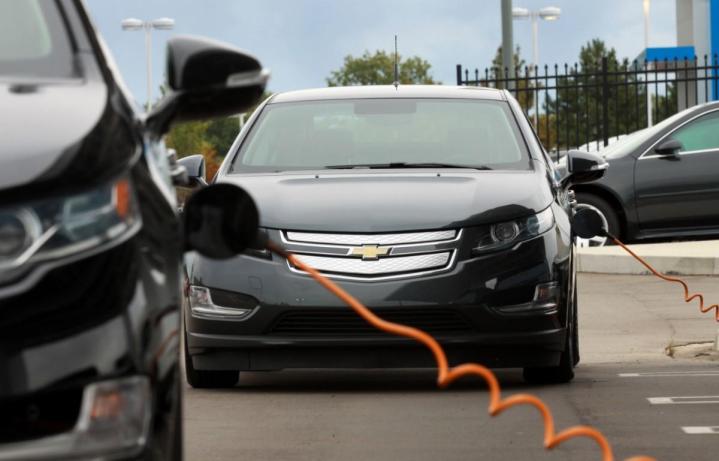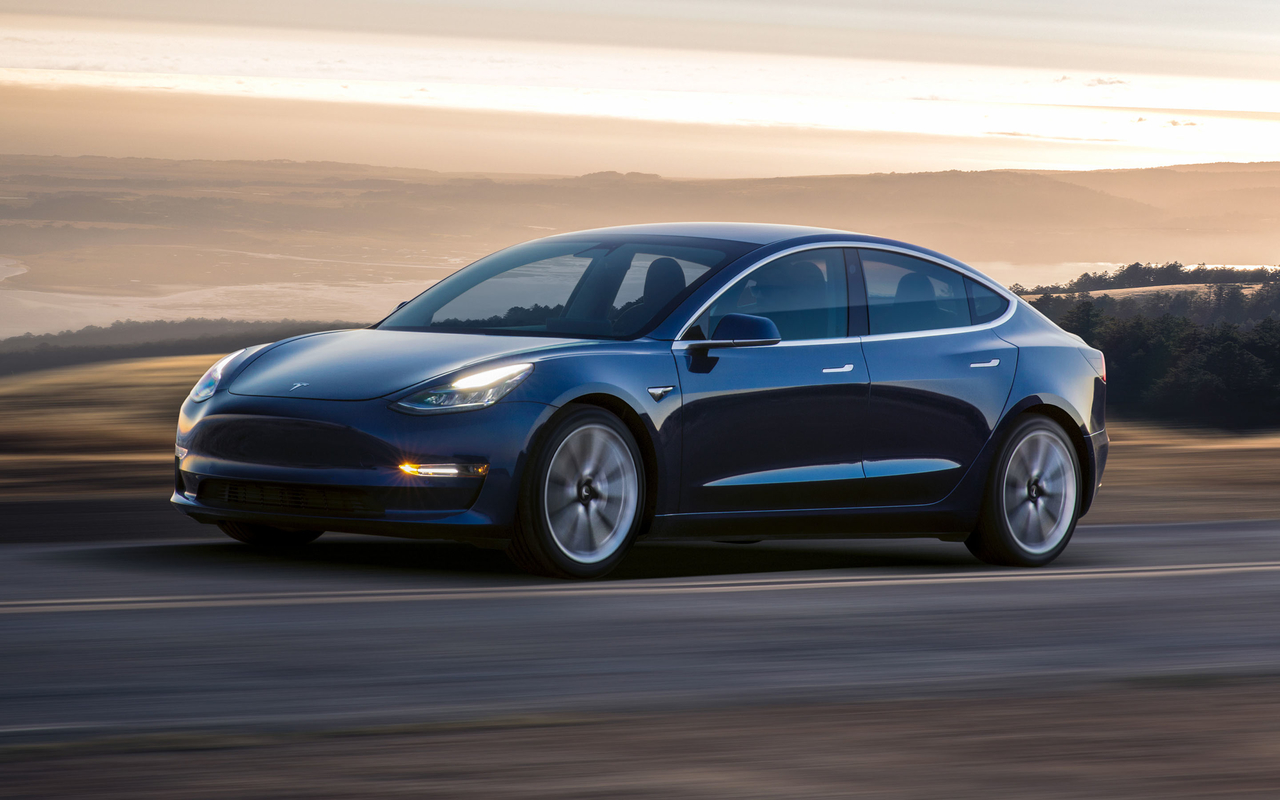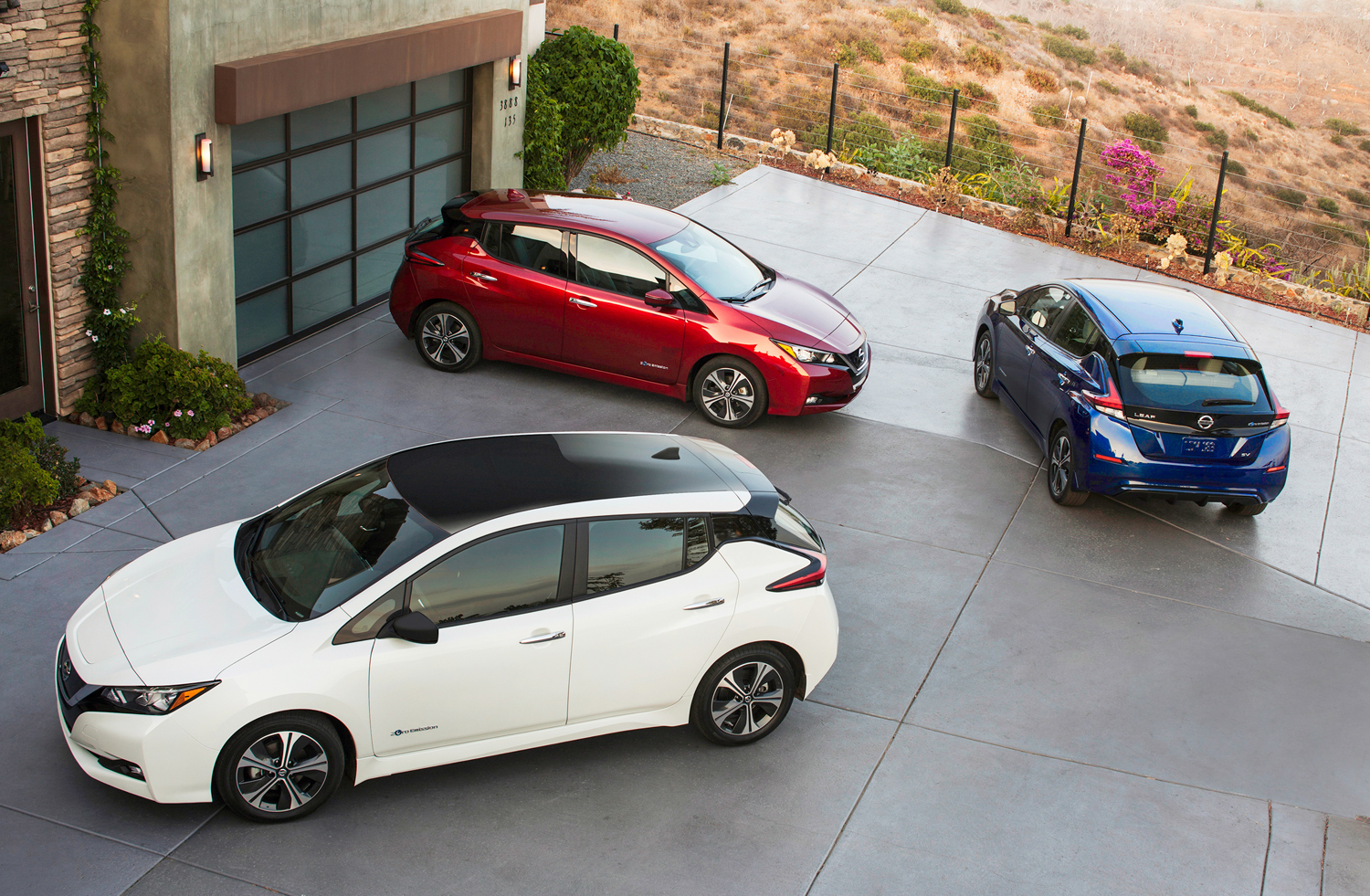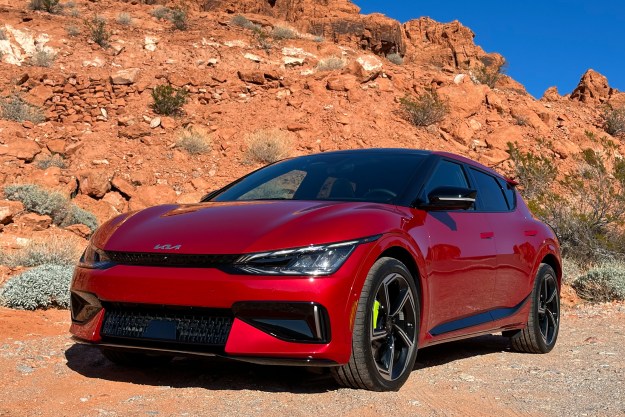
The bill entitled EV and PHEV buyers to a tax credit of up to a $7,500. Now, Republicans in the House of Representatives are looking to abolish those federal tax credits, according to Automotive News. While this could spell the end of these major tax incentives meant to get more fuel-efficient vehicles on the road, it can also mean big trouble for automakers investing heavily in electric propulsion.
The proposition hasn’t passed yet, though Republicans want it to take effect at the end of the current tax year as part of a long laundry list of a major tax system overhaul, currently under arbitration. A summary of the suggested changes to the federal EV and PHEV tax credit came from the House Ways and Means Committee, the executive governing branch of the House responsible for adjusting tax policies.

This change to the EV and PHEV tax credit comes at a point where automakers across the world have already invested billions into the research and development of electric vehicles.
The tax credit does have an imposed limit where automakers can only offer the credit to the first 200,000 qualifying vehicles sold. So far, no automaker has come close to reaching this limit.
“The EV tax credit repeal would cede U.S. leadership in clean vehicles, putting our companies at a competitive disadvantage and threatening jobs while costing drivers more at the pump and increasing pollution,” Luke Tonachel, director of the Natural Resources Defense Council’s Clean Vehicles and Fuels Project, said in a statement.
While more electric vehicles on the road could help reduce fossil fuel dependency and pollution in theory, public interest has yet to peak with many analysts citing a lack of variety and practicality challenges of EVs and PHEVs.
For instance, one of the pressing practicality issues is the time it takes to recharge an EV or PHEV, even with a new “fast charger.” It still takes a considerable amount of time versus filling up a gas tank in just a few minutes.
One company truly is at risk if this new tax reform passes: Tesla Motors. Currently, Tesla has a lot of eggs in the basket of its newly released Model 3 sedan — a more affordable alternative to the Model S flagship sedan and the Model X crossover. If the federal tax credit is abolished, that could seriously affect the “hundreds of thousands” of prospective customers for the Model 3, according to the company.
Tesla wouldn’t be the only automaker to be affected as Nissan Motor Co., General Motors, Ford Motor Company, and even Volkswagen AG all invested heavily in electric vehicle R&D over the past several years.
“There is no question that the elimination of the federal electric vehicle tax credit will impact the choices of prospective buyers and make the electric vehicle mandate in 10 states — about a third of the market — even more difficult to meet,” said Gloria Bergquist, spokeswoman for the Alliance of Automobile Manufacturers, to which it also claims that its automakers offer more than 30 EVs in the U.S. market.
It will be interesting to see how this bill plays out as it is no small change. Abolishing the federal EV and PHEV tax credit is like pulling the rug out from under all the automakers currently striving to up their EV and PHEV efforts. At the same time however, the whole program is still under analysis with legislators questioning whether or not the original policy has had any meaningful on promoting EV and PHEV sales.
Editors' Recommendations
- The Maserati GranCabrio Folgore is one of the best-looking EVs yet
- Tech giant reveals nice price for new EV to take on Tesla
- Here’s how Ford will give EV customers Tesla Supercharger access
- This couple just did something remarkable in an EV
- Bold style alone can’t muscle Chevy’s new Blazer EV to the head of its class







